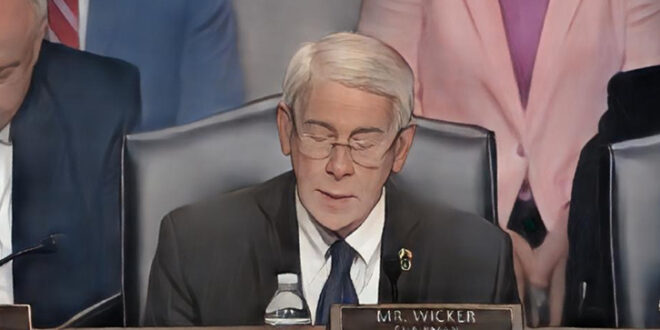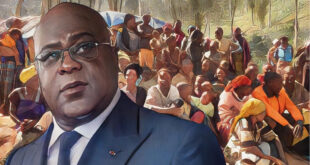General Michael Langley, Commander of the United States Africa Command (AFRICOM), recently addressed Burkina Faso’s military leadership under Captain Ibrahim Traoré in a BBC interview. Langley acknowledged the U.S. military’s continued engagement with West African juntas in Burkina Faso, Niger, and Chad. Despite American troop withdrawals, he emphasized AFRICOM’s ongoing commitment to partnerships in the region to counter Islamist insurgencies in the Sahel.
Accusations Against Traoré and the People’s Response
AFRICOM has suggested that Captain Ibrahim Traoré may be misusing Burkina Faso’s gold for personal gain rather than for the benefit of its citizens. However, on April 30, 2025, a massive global protest—led by Burkinabé citizens and Africans in the diaspora—expressed strong support for Traoré, rejecting these accusations. Protesters asserted that Traoré is managing national resources responsibly, contradicting AFRICOM’s claims.
Exposure of AFRICOM’s Real Objectives
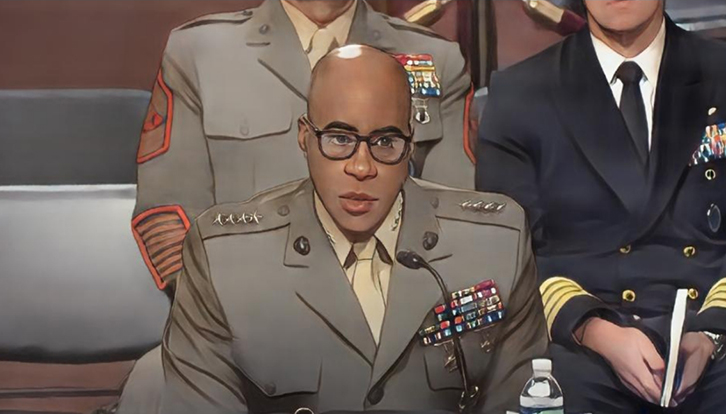
In light of the military takeover in Burkina Faso, General Langley’s public statements appeared to unintentionally reveal AFRICOM’s true priorities. His testimony before the U.S. Senate hinted that AFRICOM’s presence in Africa is not primarily for promoting democracy or peacekeeping, but to safeguard U.S. strategic interests on the continent. Langley explicitly outlined national security concerns, naming China and Russia as major threats and justifying AFRICOM’s role in deterring their influence in Africa.
Senate Hearing: Comparing U.S., China, and Russia in Africa
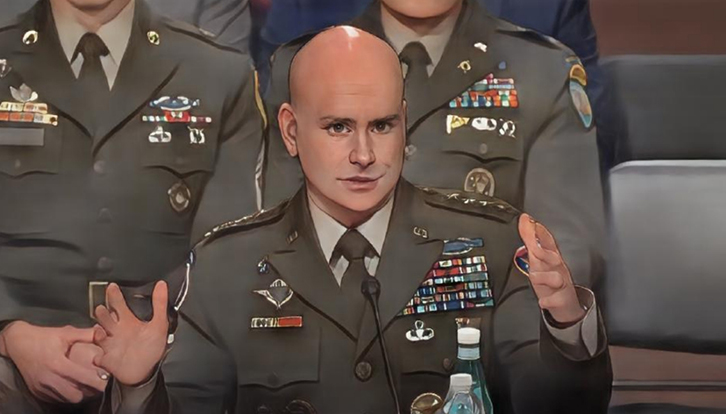
During a Senate hearing, General Langley was asked how the U.S. approach in Africa differs from those of China and Russia. He claimed that China aims to replicate successful U.S. strategies but operates with ulterior motives, such as altering the international rules-based order. He also accused Russia of exploiting chaos and instability for strategic gain. When pressed for examples of China or Russia benefiting African nations, Langley struggled to respond, referencing an environmental incident in Zambia, which appeared scripted and weakly substantiated.
Public Commentary: YouTube Analysts Weigh In
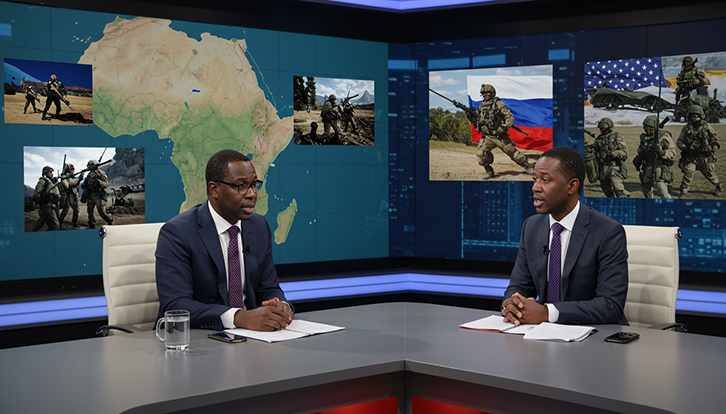
Social commentators and YouTubers offered critical perspectives. They argued that while the U.S. trains African militaries under the guise of partnership, it ultimately fosters dependency. The critique pointed out that U.S.-trained soldiers often remain loyal to their American trainers rather than to their national leaders, facilitating coups aligned with U.S. interests. In contrast, Russia is perceived to offer mutual defense partnerships, military training, and intelligence without overt political interference, while China’s developmental aid comes with limited skills transfer and subtle racial hierarchies.
Resource Competition and Geopolitical Control
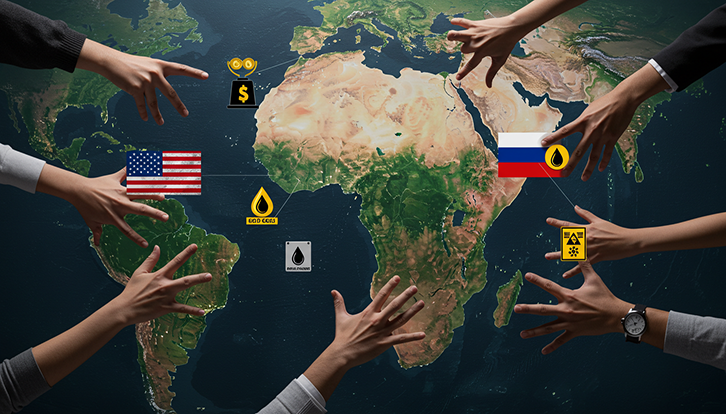
Analysts noted that the U.S. is increasingly alarmed by China’s and Russia’s expanding footprints in Africa, particularly in mineral-rich countries like Burkina Faso. Russia’s support for Burkina Faso could secure it access to resources and strategic influence, which undermines U.S. geopolitical interests. Consequently, some believe that AFRICOM may aim to destabilize leaders like Traoré to curb Russian influence, rather than to promote African development or democracy.
AFRICOM’s Defense: Strategic Alliances and Security Initiatives
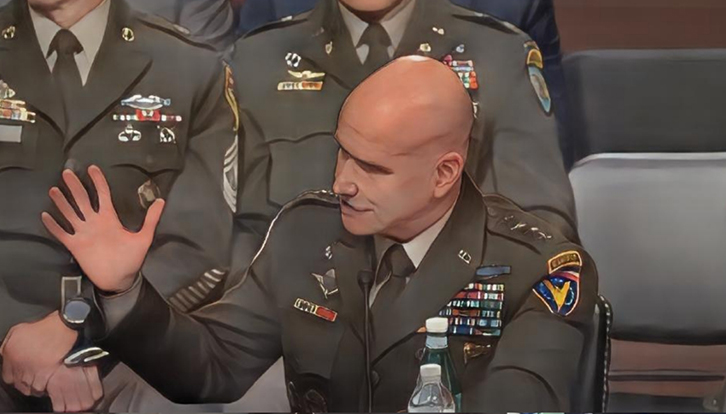
According to General Langley, AFRICOM’s mission is to build peace through military readiness, partnerships, and training programs. He stated that AFRICOM enhances African military capacity via joint exercises, foreign military sales, and trust-building activities. These initiatives, he argued, are designed to exemplify U.S. military values and create lasting alliances.
Visual Contrasts: Disparities in U.S. Military Aid
YouTubers also criticized the visual messaging on the AFRICOM website, noting stark differences in military aid between North African and Sub-Saharan countries. Northern allies are depicted receiving advanced weapons and support, while black African nations are portrayed with minimal assistance—basic arms, occasional training, and humanitarian aid. This disparity reinforces the perception that AFRICOM prioritizes certain regions and governments over others, perpetuating dependency rather than enabling sovereignty.
 Cmtv News News -Education – Entertainment – Sports
Cmtv News News -Education – Entertainment – Sports

